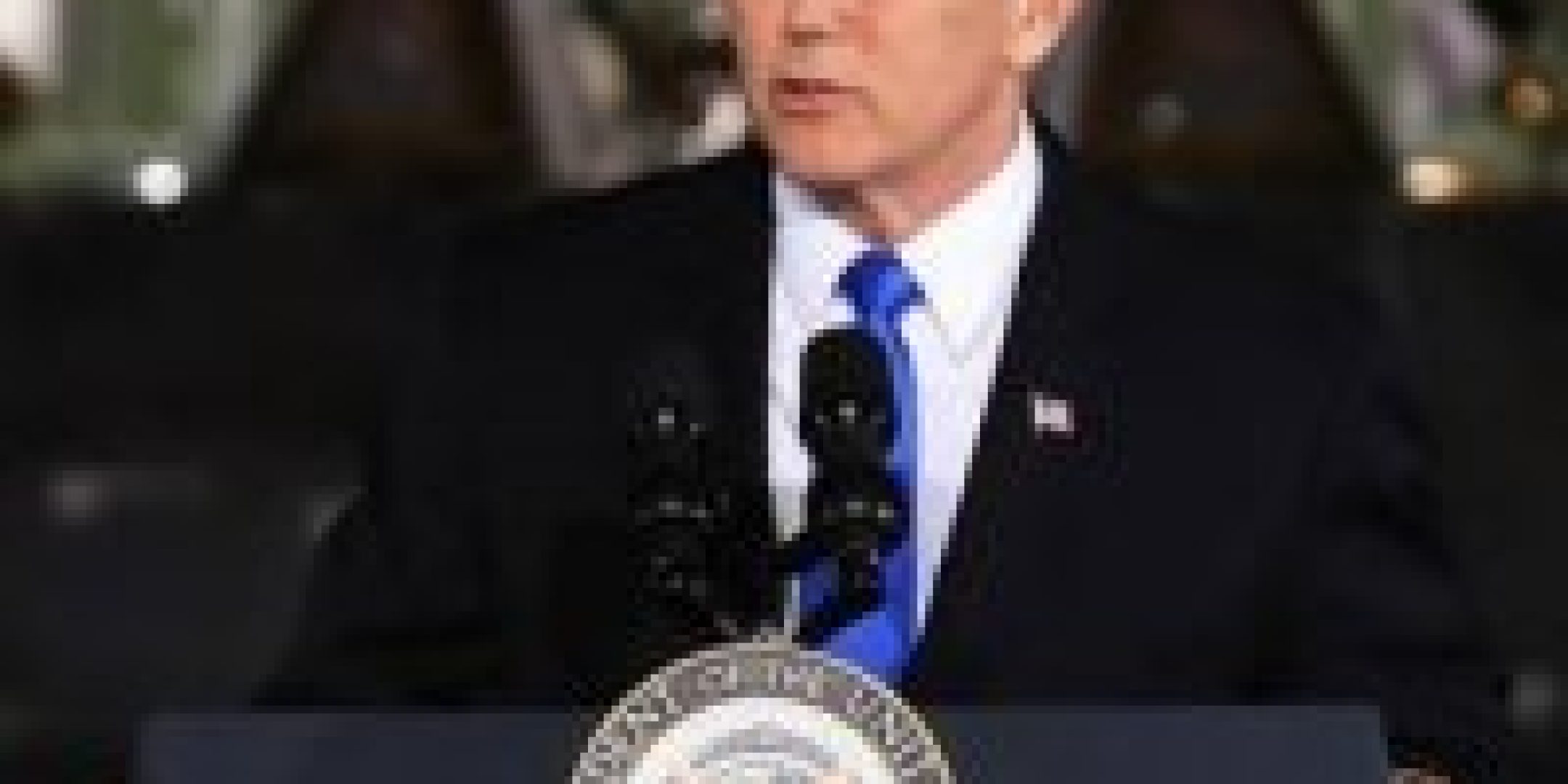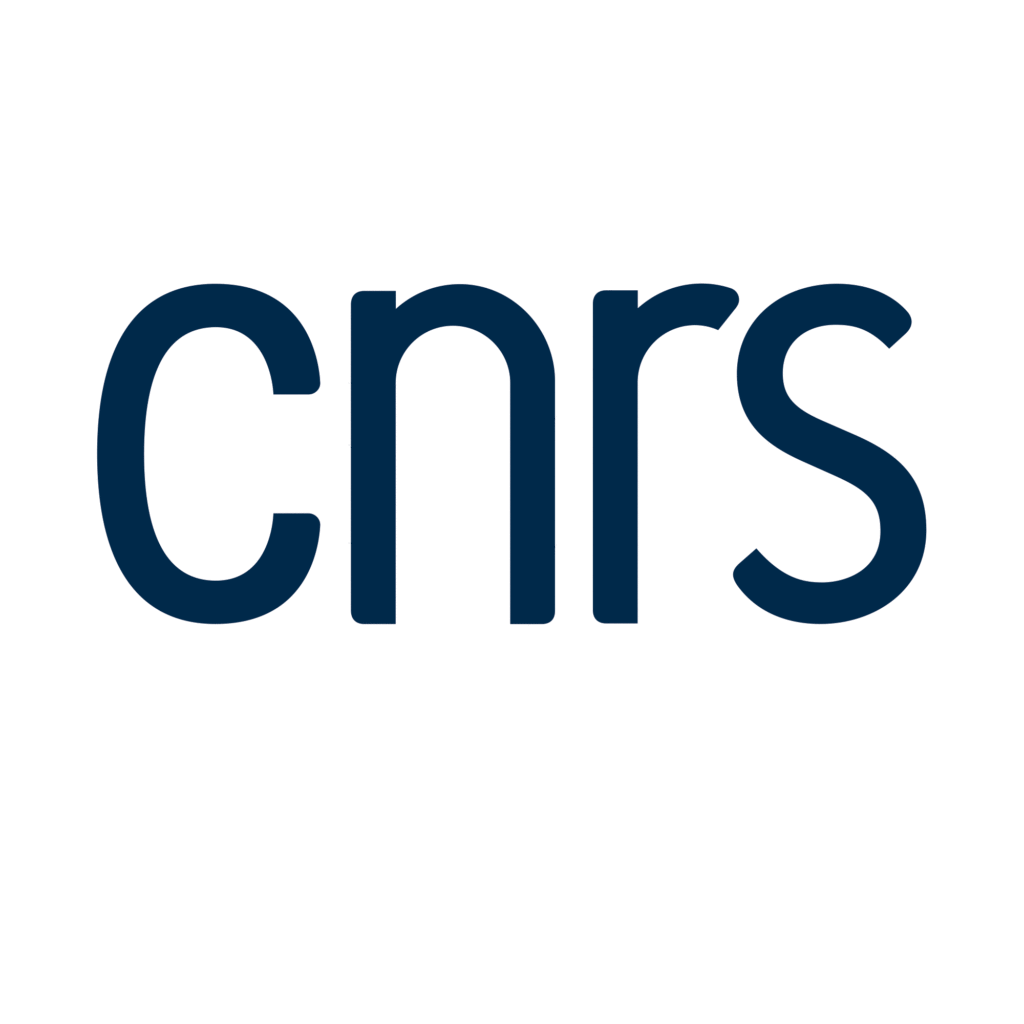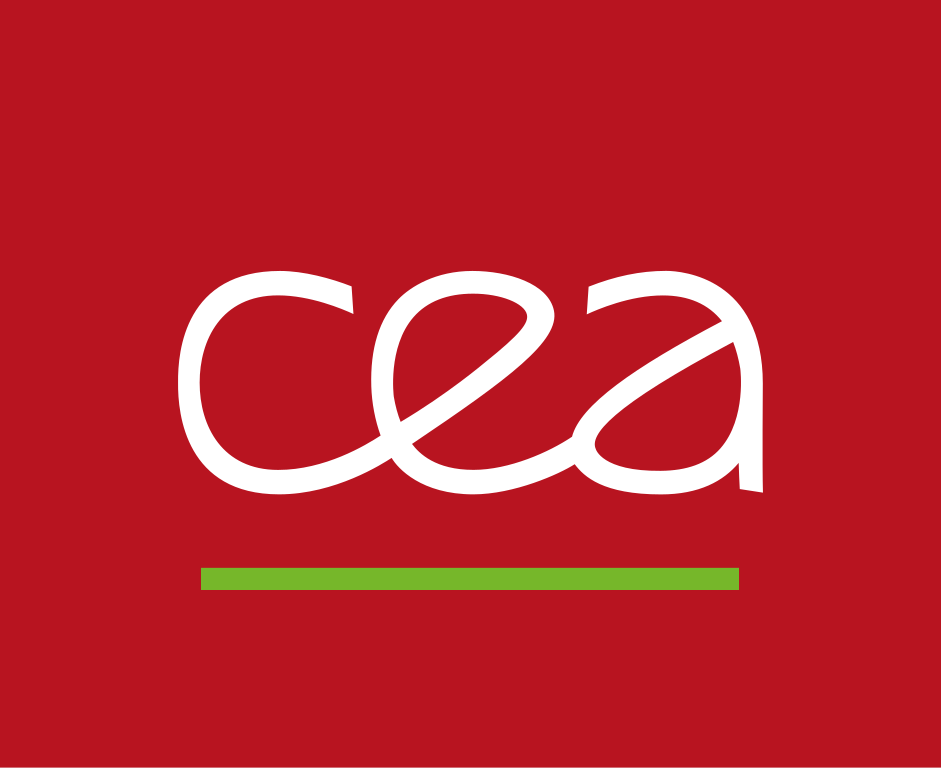Résumé
La deuxième réunion du National Space Council, qui s’est tenue le 21 février dernier au Kennedy Space Center à Cap Canaveral, a principalement porté sur la réforme du cadre réglementaire en lien avec les activités spatiales privées (lancement, rentrée atmosphérique, télédétection, partage du spectre de fréquence, contrôle à l’export), jugé à bien des égards obsolète au regard des évolutions technologiques. Le Département du Commerce devrait à terme jouer un rôle renforcé en matière de réglementation des activités spatiales privées, le Département des Transports conservant toutefois la responsabilité d’octroi des licences de lancement et de rentrée atmosphérique.
Les quatre recommandations du Conseil
Dans de son discours d’ouverture (texte), le vice-Président des Etats-Unis et Président du National Space Council Mike Pence, a particulièrement mis en avant la nécessité d’une coopération étroite entre le secteur privé et le secteur public, afin de permettre aux Etats-Unis de maintenir leur leadership dans le domaine spatial.
Quatre recommandations ont été formulées :
RECOMMENDATION 1: The Secretary of Transportation should work to transform the launch and re-entry licensing regime.
- The Department of Transportation would require a single license for all types of launch and re-entry vehicle operations and transform the launch and re-entry regulatory process from one of prescriptive requirements to a performance based licensing regime.
- Revision of the licensing regime would be in coordination with members of the National Space Council.
- This action should be completed no later than March 1, 2019.
RECOMMENDATION 2: The Secretary of Commerce should consolidate its space commerce responsibilities, other than launch and reentry, in the Office of the Secretary of Commerce.
- The Department of Commerce should develop a legislative proposal to create an Under Secretary of Space Commerce, who would be responsible for all commercial space regulatory functions.
- The Secretary of Commerce would also coordinate with the Secretary of State, the Secretary of Defense, and as appropriate the Federal Communications Commission and the NASA Administrator to streamline the existing commercial remote sensing operation licensing regime, and address new issues such as radio frequency spectrum surveys, rendezvous and proximity operations and docking maneuvers.
- The Secretary would propose legislative changes that would further enable the rapid, efficient, and predictable permitting of commercial remote sensing activities.
- This legislation proposal would be completed no later than July 1, 2018.
RECOMMENDATION 3: The National Telecommunication and Information Administration should coordinate with the Federal Communications Commission to ensure the protection and stewardship of radio frequency spectrum necessary for commercial space activities.
- The protection of radio frequency spectrum necessary for commercial space activity should not adversely affect national security or public safety.
- The Department of Commerce would take an active role in working with U.S. Industry and members of the National Space Council to develop and advocate, and to the extent possible, implement spectrum management policies that make U.S. space-related industries more competitive globally.
RECOMMENDATION 4: The Executive Secretary of the National Space Council, in coordination with members of the National Space Council, should initiate a policy review of the current export licensing regulations affecting commercial space activity.
- The recommendations of the policy review should be completed and presented to the National Space Council by January 1, 2019.
La problématique chinoise
Il est à noter que la session intitulée Securing the Next Frontier (cf. infra) a mis en lumière deux conceptions opposées concernant la politique à adopter vis-à-vis de la Chine en matière d’activités spatiales commerciales :
- Dean Cheng, chercheur au sein du think tank conservateur Heritage Foundation a insisté sur la menace que selon lui la Chine faisait peser sur les activités spatiales américaines et plus généralement sur la sécurité nationale ;
- à l’inverse, Jeff Manber, PDG de Nanoracks, a appelé de ses veux la négociation par l’administration américaine d’un accord avec la Chine, à même de permettre aux sociétés américaines de pénétrer le marché spatial chinois tout en préservant ses intérêts légitimes (intervention).
Les participants à la réunion
- Robert Lightfoot, Acting NASA Administrator ;
- Neomi Rao, Director of the Office of Information and Regulatory Affairs (OIRA, lequel dépend de l’Office of Management and Budget) ;
- Wilbur Ross, Secretary of Commerce ;
- H.R. McMaster, National Security Advisor ;
- Kirstjen Nielsen, Secretary of Homeland Security ;
- Tom Fossert, Assistant to the President for Homeland Security ;
- Patrick Shanahan, Deputy Secretary of Defense ;
- Sue Gordon, Principal Deputy Director of National Intelligence ;
- Gen. Joseph Dunford, Jr., Chairman of the Joint Chiefs of Staff ;
- Mike Kratsios, Deputy U.S. Chief Technology Officer ;
- Jeff Rosen, Deputy Secretary of Transportation.
Premier panel : Securing the Next Frontier
- Dean Cheng, Senior Research Fellow, Heritage Foundation (exprimant son point de vue personnel) ;
- Jeff Manber, PDG, Nanoracks ;
- Bhavya Lal, Research Staff Member, Science and Technology Policy Institute, Institute for Defense Analyses.
Deuxième panel : Entrepreneurship on the Next Frontier
- Eric Stallmer, President, Commercial Spaceflight Federation ;
- Kevin O’Connell, PDG, Innovative Analytics & Training ;
- Tom Stroup, President, Satellite Industry Association ;
- Mary Lynne Dittmar, President, Coalition for Deep Space Exploration.
Articles connexes précédemment publiés
- liste des membres du Users Advisory Group du National Space Council ;
- Scott Pace précise les sept piliers de l’approche de l’administration Trump en matière de politique spatiale (Bulletin d’actualité Espace n°17-33) ;
- le National Space Council : Considérations historiques et perspectives.

